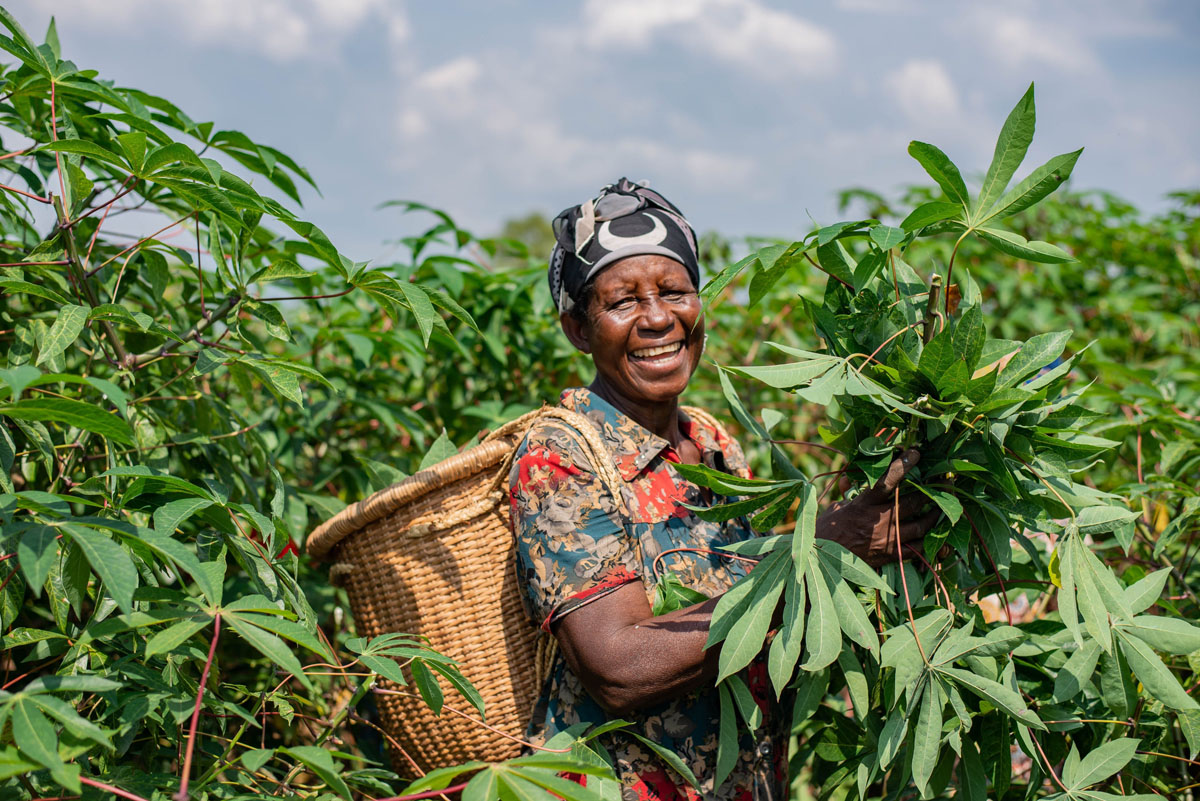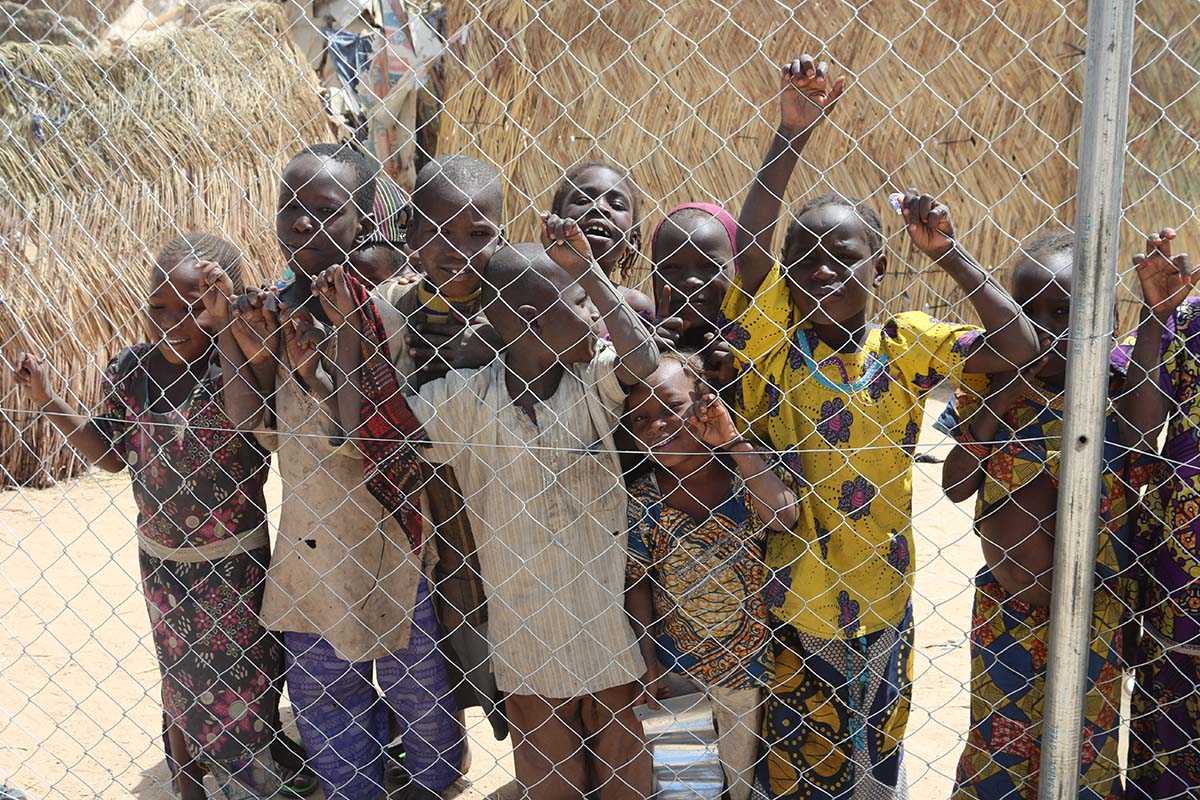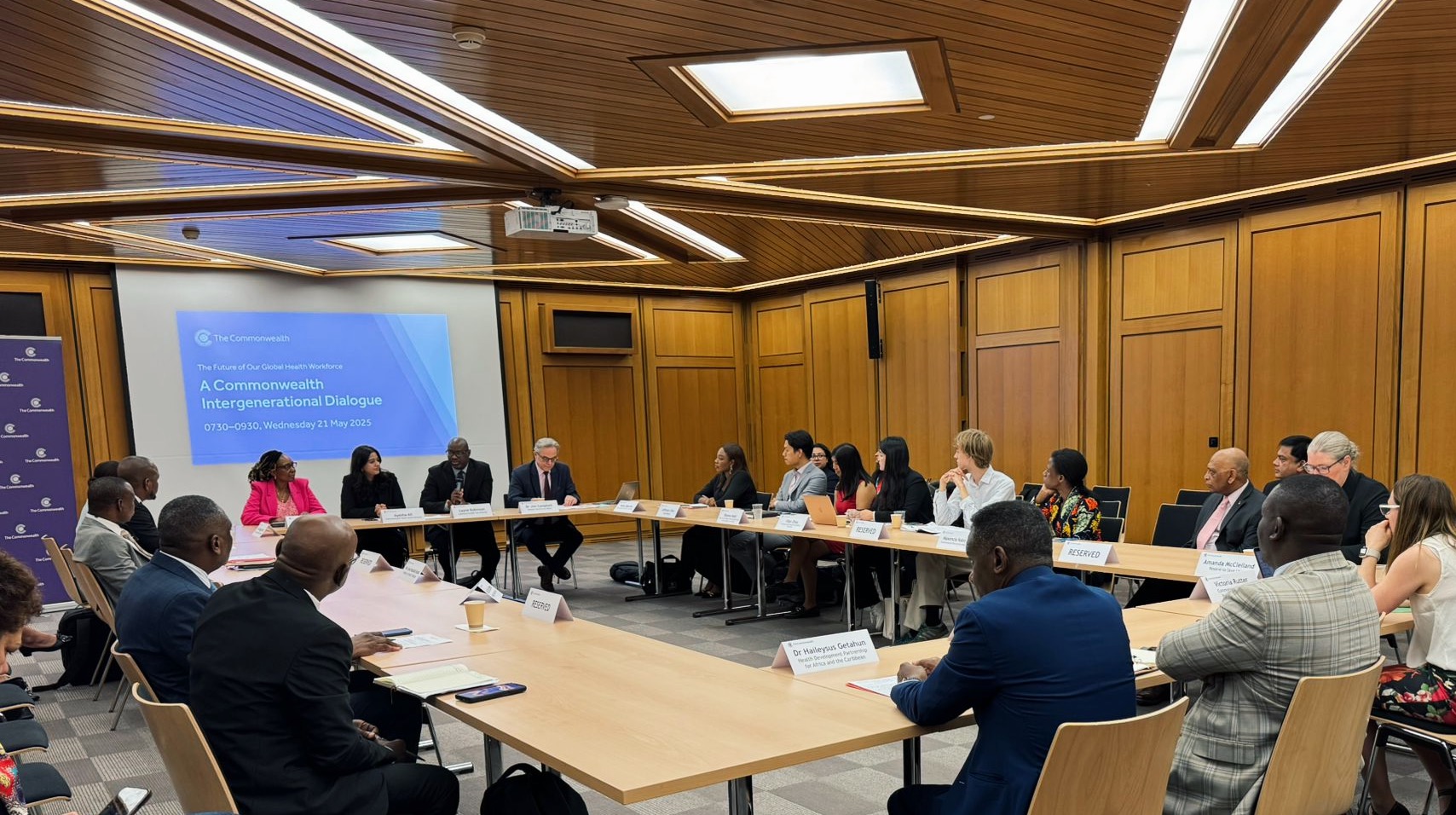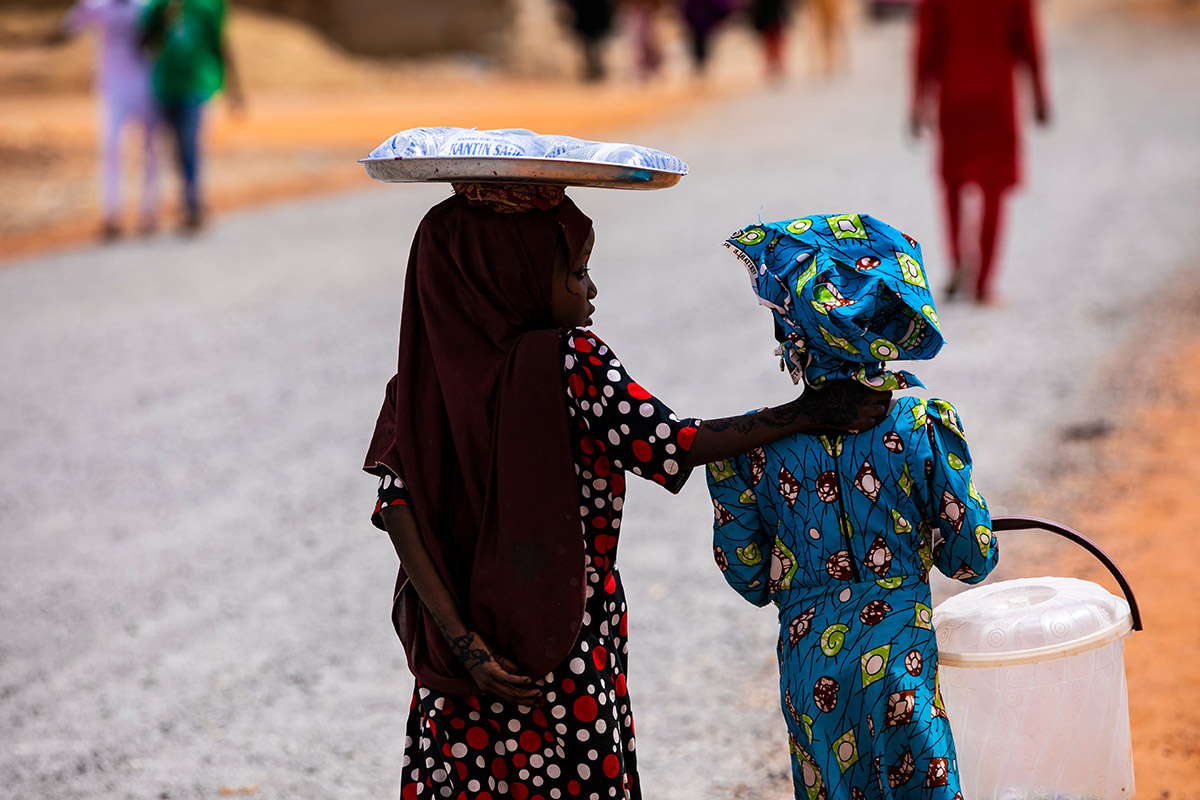Africa’s Women Heroes
November 20by Kiyara Manaka Matambanadzo
Africa has been trying to catch up with the rest of the world for so long. After decades of war and colonialism, there has been a scramble to bring Africa, particularly the rural areas, into an age of rapid industrialization. But what if Africa’s leaders are missing out on one key metric? What if instead of scrambling for fresh new ideas, they looked, instead, to the women who have been Africa’s backbone for decades.
Post colonial Africa’s governance was mostly entrusted to its liberation heroes and in the decades that followed, the formal sector of commerce slowly but surely shrank to encompass only a fraction of the population. As economies went into steady and sometimes rapid decline, many people were forced to abandon looking for jobs and began creating their own. Most families had to use what they had, which often involved selling or trading produce they farmed personally, food they had cooked in their own homes and goods they crafted with their hands. For decades, Africa’s women have done this grueling work, which involves travelling long distances and being exposed to the elements, in order to feed their families.
The fact is that as inspirational as these women are, the African continent needs to industrialize. No promise of a better Africa with better paying jobs, raised employment rates and assurances of never going hungry, will ever hold water unless we do. It is my opinion that by understanding how the current economy works and who plays the key roles, we are one step closer to tackling the problem of industrialization in Africa.
It is true that Africa has all the resources necessary to become an unrivaled giant in terms of global wealth and its human resource is the most important commodity. The next step is to channel the considerable resources on the continent towards these key players.
For this reason, it makes sense that the theme for Africa Industrialization Day is “Accelerating Africa’s Industrialization Through the Empowerment of African women in Processing for an Integrated Market.” The goal of Africa Industrialization Day has —for 34 years—been to advance the cause of African industrialization and to raise awareness of the challenges it faces in doing so. This year, in focusing on women, we can recognize that there simply is no support for them, which means that progress is at a snail’s pace.
According to the Global Entrepreneurship Monitor (GEM) the female entrepreneurship rate in sub-Saharan Africa is 25.9 per cent of the female adult population, meaning that approximately one in four women starts or manages a business. In other words, the African continent has the highest percentage of women entrepreneurs in the world. However, African women bear the brunt of climate change, die from communicable diseases and suffer malnutrition.
This is why protecting, promoting and pulling up our women should become a special priority for the African Union and all its member states. Giving room for women entrepreneurs seems the most logical step forward. Emphasis should be placed on investing into Africa’s women, empowering them to be educated, providing financial backing and protecting them both intellectually and physically.






